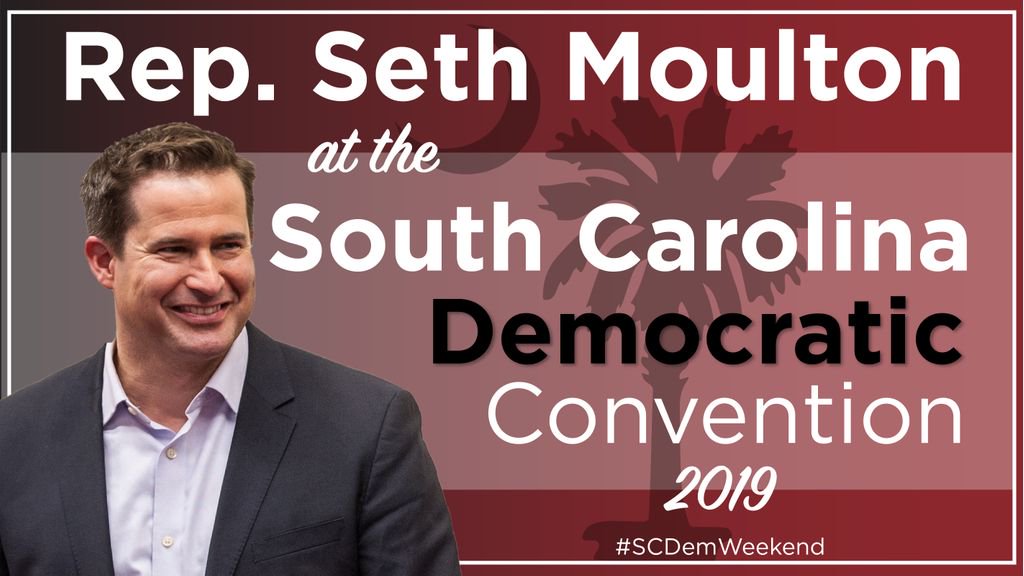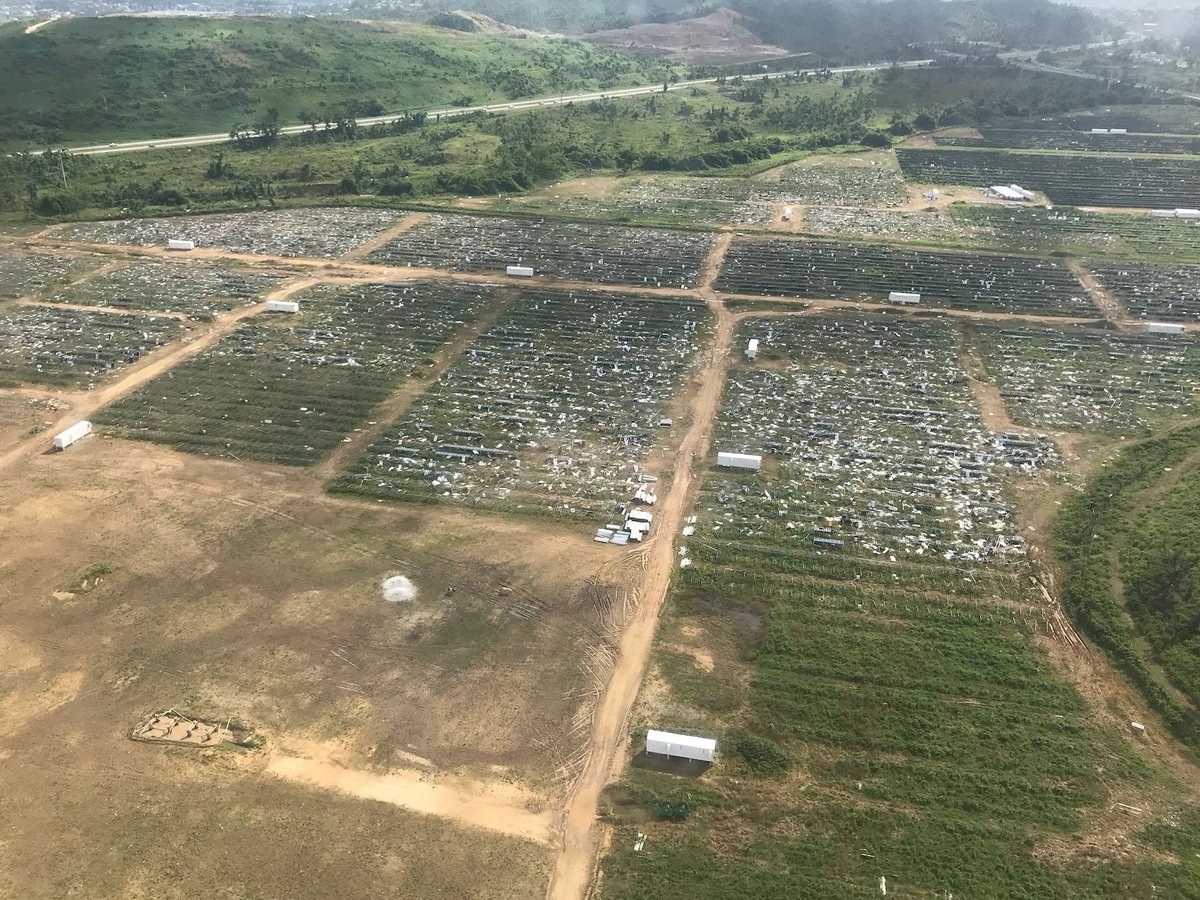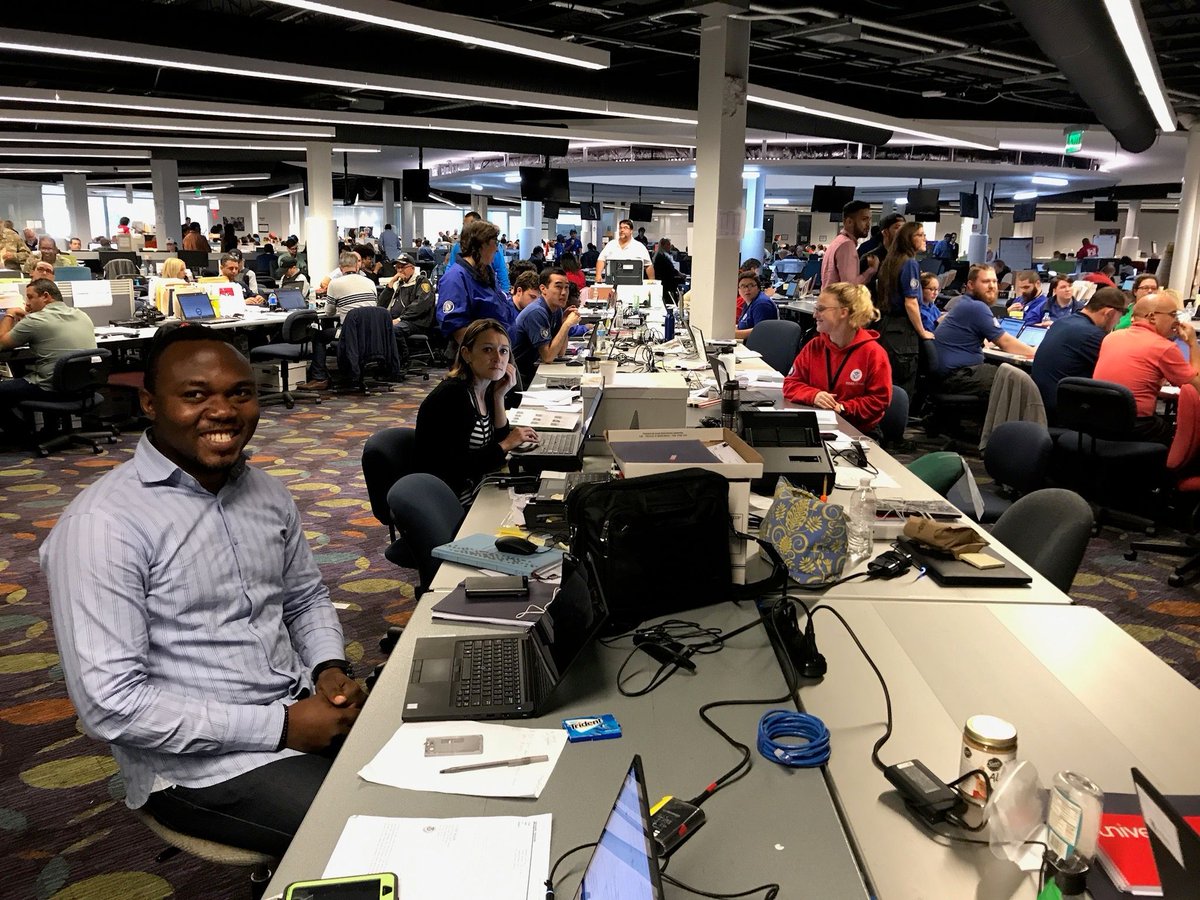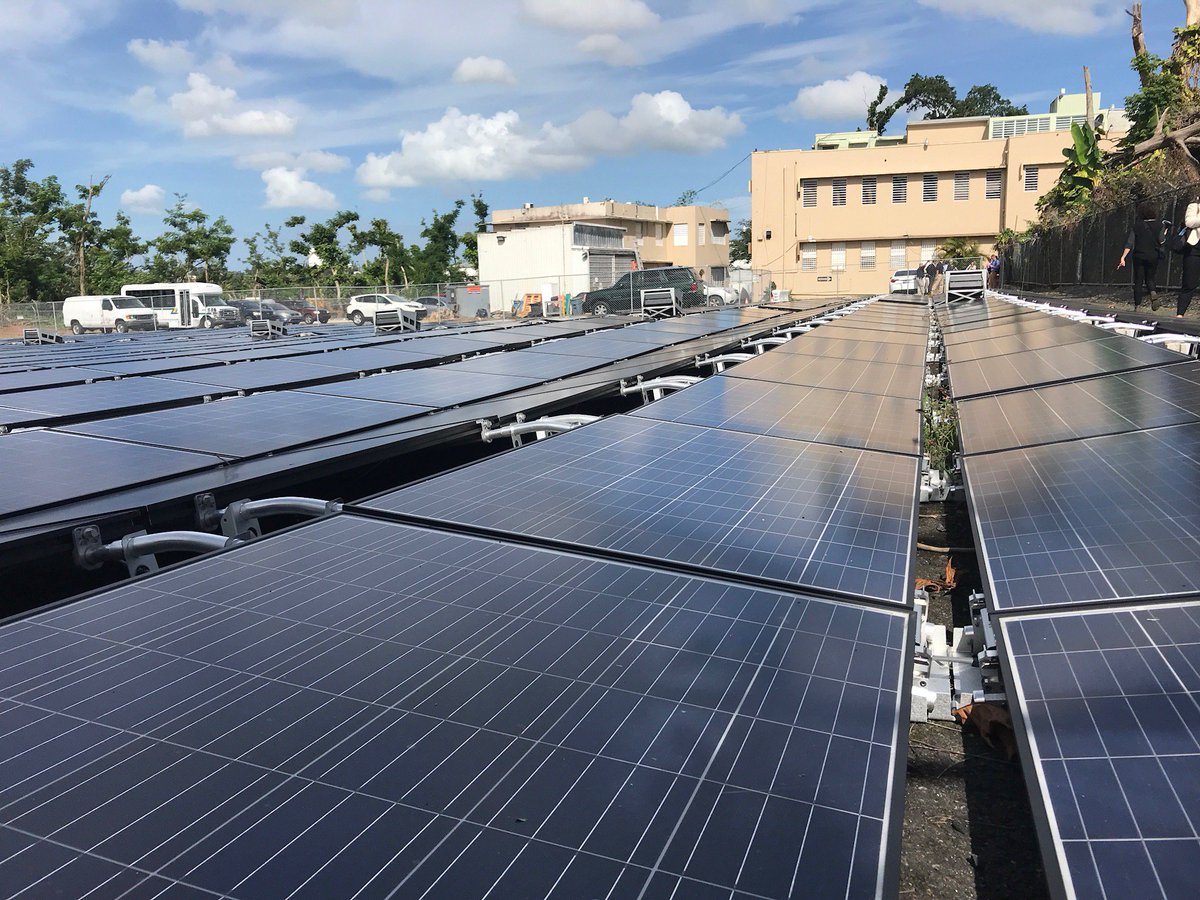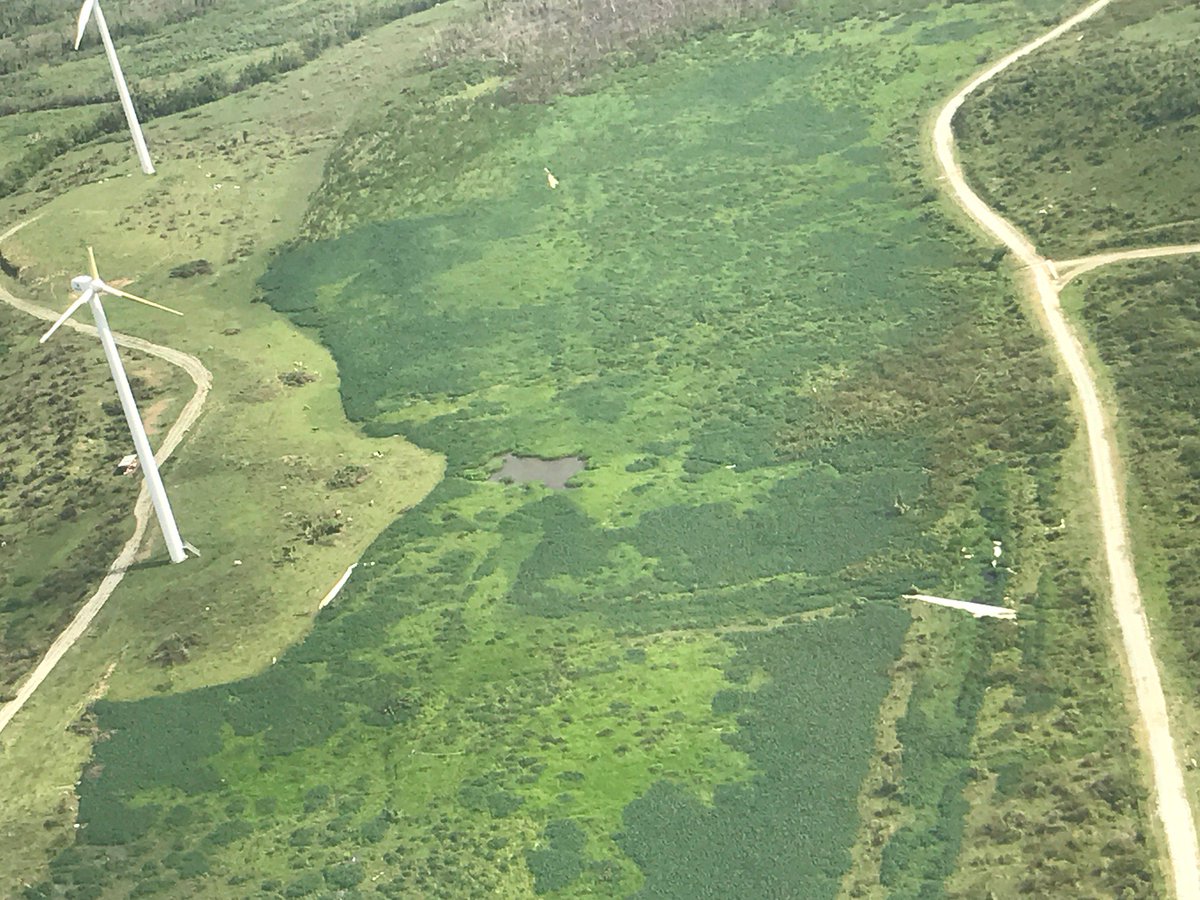
This doesn’t have to be a dream. In fact, high-speed rail is one of the smartest investments we can make right now. vox.com/2021/3/10/2230…
We need to go big to recover from the pandemic. Infrastructure can help us lock in the growth that will come through the recovery. But, America can do better than filling the last generation's potholes and sitting in traffic on new highways.
High-speed rail is faster, cheaper, and safer than driving and flying when you're going on trips of 750 miles or less. Bonus: High-speed rail is never delayed by weather.
If we invest $205 billion this year, we can create millions of jobs. We can connect people across the country to places that are currently inaccessible to them. We can power high-speed rail with clean electricity and fight climate change. lowellsun.com/2021/03/12/set…
Imagine living in Springfield and getting to Boston in 30 minutes on a train that comes so often you don’t have to look up the schedule, and so reliably that you can schedule a meeting to start at 9:00 am and expect people will show up in time for the donuts.
Imagine living in Nashville and being able to visit Chicago for dinner on the weekend without having to go through security, and with the ability to park your bike or walk to the train station.
This is possible. And there's no better time than right now. We have a once-in-a-century opportunity as we look to recover from the pandemic. Let's get it done. wired.com/story/lawmaker…
• • •
Missing some Tweet in this thread? You can try to
force a refresh

